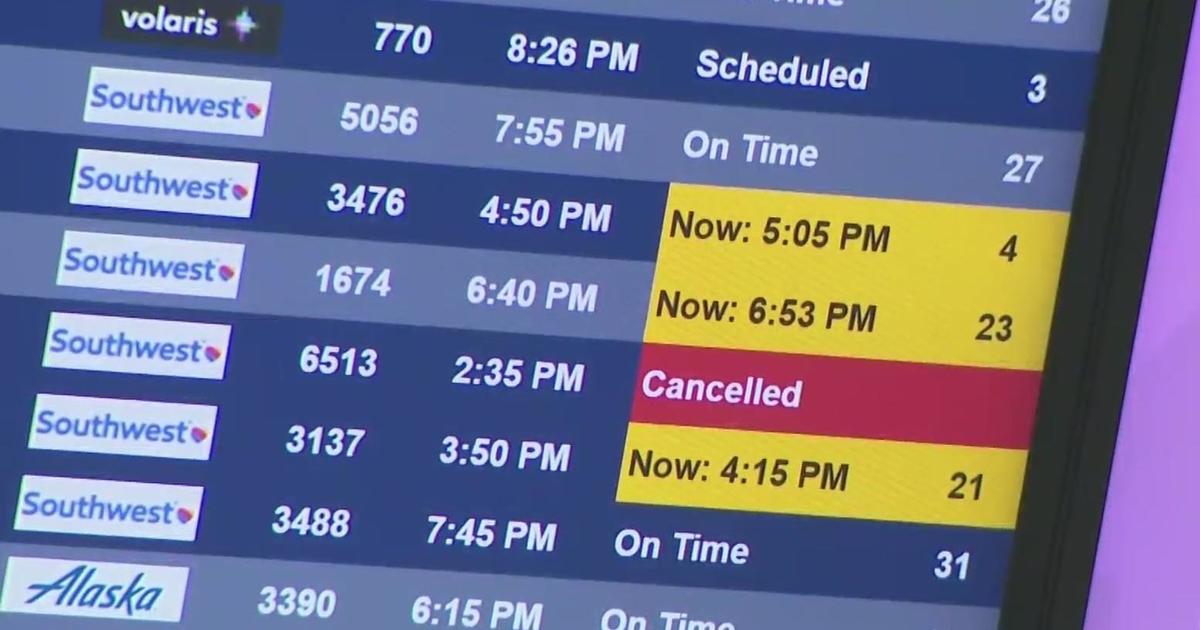Summer Weight Loss Links, Diet Pop-ups Are Perfect Clickbait For Cybercrime
SANTA CLARA (CBS SF) -- The promise of a dream body just in time for summer can make even the most Internet-savvy users fall prey to spammy clickbait. Identity theft is a high price to pay for any diet.
A new study by Intel Security entitled, "Online Security Diet, You Are What You Click", found most people will risk their online security if they think they will miraculously reach their desired weight loss goal in little or no time.
The study surveyed 15,000 men and women between the ages of 21 and 54 and found almost 9 out of 10 people will click on a fad diet ad or fitness pop-up even though they know it poses a security risk. More than a third in the study said a celebrity endorsement makes them click even faster. More than half of those surveyed said they would click on a promotional link for a diet program before the summer, and nearly two-thirds already have.
Even more disturbing, well over half men and women surveyed said they would gladly share their full name, email address and age with a website in exchange for weight loss information.
Cybercriminals are well aware of consumer weaknesses and exploit them with scams, phishing links and redirects that install malware on users' computers, according to Intel security expert Gary Davis.
"As such, it is increasingly important people understand safe online searching behavior and how to identify potentially risky sites and emails," says Davis.
There are some telltale signs.
Promises to "Lose 10 Pounds In One Week" sound too good to be true and should serve as a red flag for consumers. Also, beware of websites with names similar to other legitimate sites like "Wait Watchers" instead of "Weight Watchers." Poor grammar and low-resolution images are also signs you've landed on clickbait.
Double check the URL of the site and make sure it's the one you intended to visit. You may have been redirected to an imposter. There are many web reputation tools out there. Intel Security recommends McAfee WebAdvisor.
Lastly, make sure passwords are strong. For the billionth time, never use passwords like "password," "123456," or "qwertyuio." If you need help, consider using a password manager or generator.
CBSSF.com writer, producer Jan Mabry is also executive producer and host of The Bronze Report. She lives in Northern California. Follow her on Twitter @janmabr.



